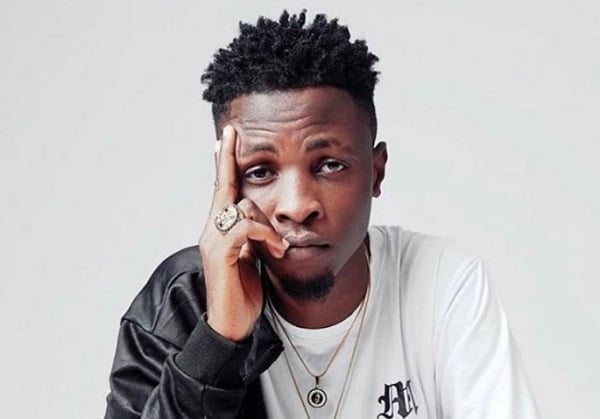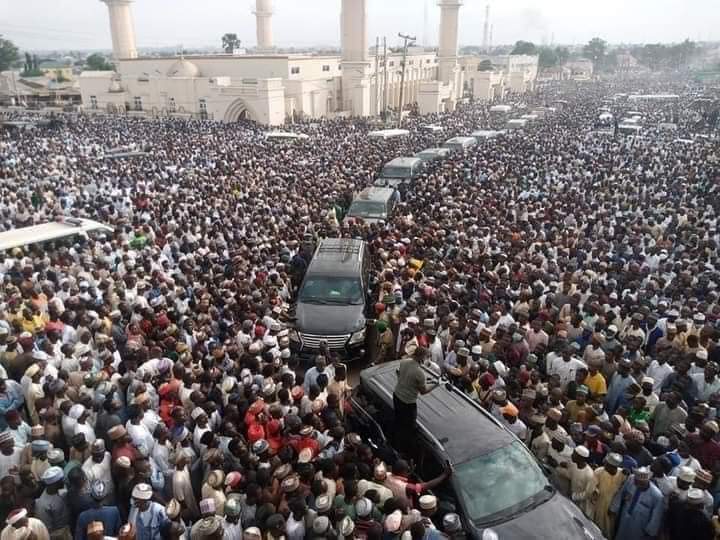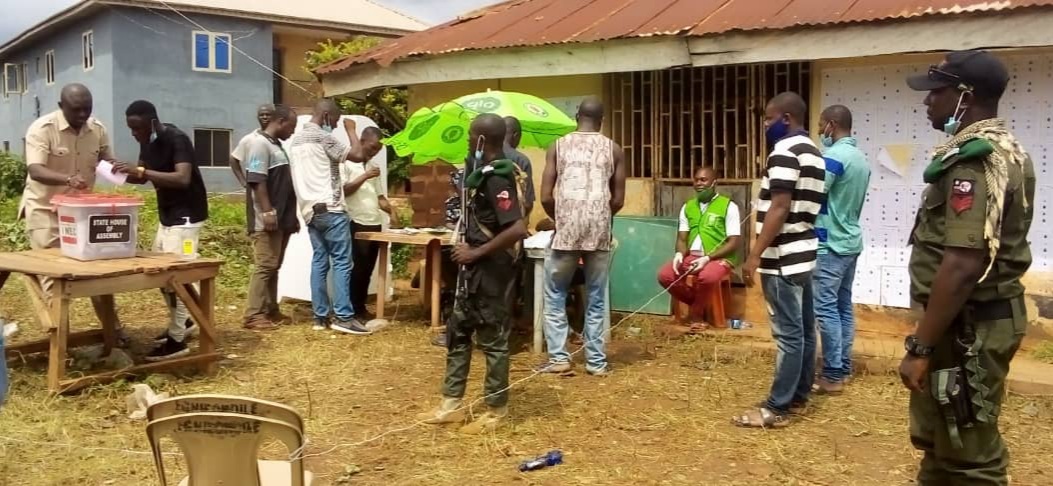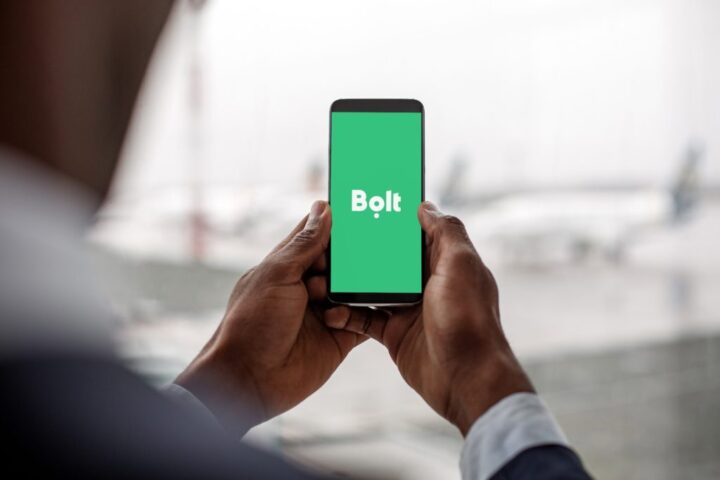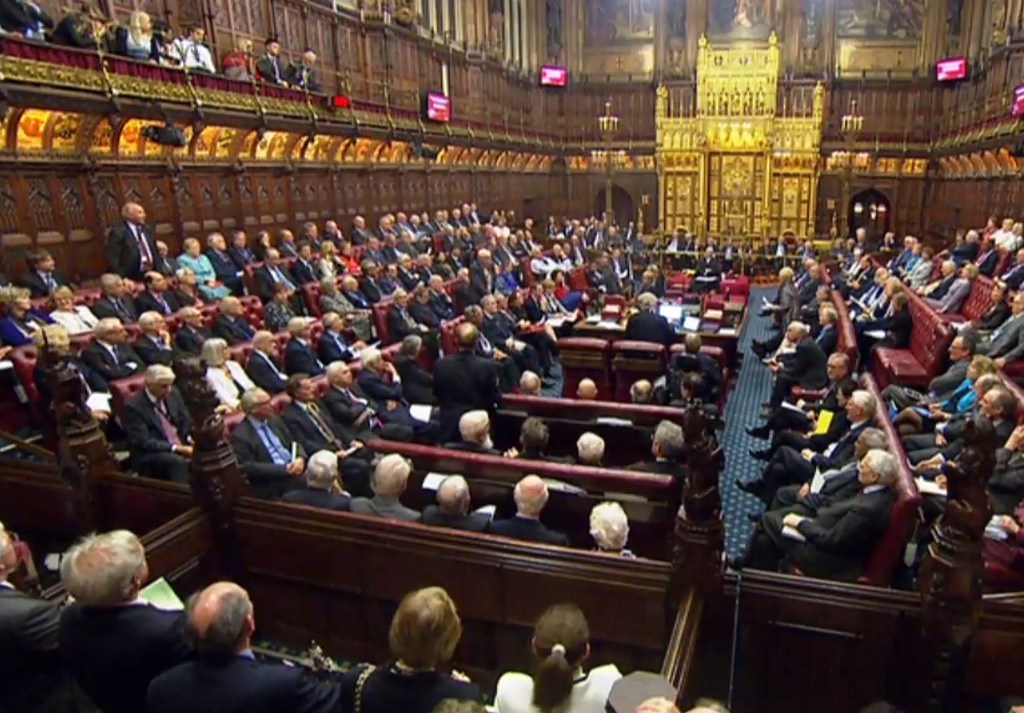What will film festivals look like even if they survive? In other words, post COVID-19, will film festivals ever return to normal? Questions, questions, questions. These are just a few questions but there more questions that need answers.
What’s more, they are not so different from the questions people are asking about other aspects of their lives. The fact is that many people are wondering when things are going to return to normal or if they’ll ever return to normal. What if this becomes the new normal? What’s currently ‘normal’ are face masks, sanitizers and a zillion virtual events. Anyhow, let’s not get ahead of ourselves.
The questions about film festivals have become necessary because of their nature and how that’s being affected by the coronavirus and the various protective measures. By their very nature, film festivals as the name implies a gathering and coming together of people, usually in clusters. During these gatherings, there’s some revelry to be expected, a lot of which usually happens in closed up spaces.
You have the film screenings in cinema halls, workshops and panels, and of course the parties… Now you can see how the COVID-19 pandemic affects film festivals. Not to mention the fact that things generally came to a head around the rest of the world (mid-to late March just as the festival calendar was kicking into gear (with the exception of China that had dealt with COVID-19 for much longer).
Advertisement
Let’s look at some of the festivals. By the time the pandemic had been confirmed in March, the Berlin International Festival had already taken place in its traditional February date. The first edition of the Ottawa International Film Festival set to hold March late was postponed. As was the Ottawa African Film Festival which had been moved from February to June. In Nigeria, the much-awaited celebration of iREP’s (i-Represent Documentary Film Festival) 10th anniversary in Lagos had to be moved. From April onwards, as the rest of the world began to adapt to remote jobs and virtual events, film festivals also started to adjust. And so on and so forth.
After the initial postponements and cancellations, it became obvious that the coronavirus was no passing phase when Cannes Film Festival (France) shelved its 72nd edition. The Cannes Film Festival (or Festival de Cannes), is one of the world’s most influential film festivals, and usually holds in May. Its organisers tried to hold out for as long as possible. Even when other festivals were cancelling and rescheduling, it was like they knew something other people didn’t. I suppose one can’t blame them for not rushing to reschedule. Since inception in 1946, it has only been rescheduled/cancelled once, a few times. It was to have started in 1939 because of the second World War, was shifted to 1946. It also didn’t hold between 1948-1950 as a result of funding. But it’s safe to say that for almost five decades, the festival has delivered. And in the end, the Cannes Film Festival embraced the times and showed why it’s been able to survive all these years.
One of the programmes the Cannes Film Festival got involved in was the “We Are One: A Global Film Festival,” a 10-day event that included feature films, shorts, documentaries, music, comedy, and panel discussions. From May 29 to June 7, 2020, 20 major film festivals came together to present curated films to be streamed on YouTube for free. It was also an opportunity for viewers to donate to the World Health Organization’s Covid-19 Solidarity Response Fund. Other film festivals like the Berlin International Film Festival, BFI London Film Festival, New York Film Festival, Sundance Film Festival, Sydney Film Festival, Tokyo International Film Festival, Toronto International Film Festival, Venice Film Festival also took part. Again in September (2-12), Cannes Film Festival showed support to the 77th edition of the Venice Film Festival (Italy) which used to be its main competition.
Advertisement
In fact, the film festival in Cannes was founded to directly compete with the Venice Film Festival which is officially the world’s first film festival. The Durban International Film Festival took a decision to hold its 2020 edition (September 10-20) virtually. This has never happened in its 41 years. Also, the Toronto International Film Festival, TIFF (Canada) held its 44th edition from September 10-20. Attendance was both virtual and in-person. Genevieve Nnaji and David Oyelowo were among TIFF’s 50 ambassadors. The London Film Festival, LFF is set to hold its 64th edition from October 7- 18, 2020 through in-person attendance and virtual screenings. The promise is for 50 virtual premieres and access to viewers throughout the UK. A lot of the content isn’t available to people outside the UK due to copyright. Although with the pandemic still a big challenge in the UK, one’s not sure how realistic the LFF in-person events are.
- Whither Nigerian Film Festivals?
The story is slightly different in Nigeria. Apart from iREP which was postponed in March about the time lockdown was taking effect, not much has happened. But then again, there weren’t many festivals planned for the months that followed.
The African International Film Festival, AFRIFF and Abuja International Film Festival appear to be going ahead with their 2020 festivals. Abuja International Film Festival is scheduled to take place in October (26-30) while AFRIFF is in November (22-28). Fortunately, cinemas have been mandated to open and people can now gather in larger gatherings. The only challenge might be visitors from outside Nigeria. Considering the flight bans and counter-bans, traveling anywhere must be extra stressful. Perhaps, festivals might consider holding both in-person and virtual screenings?
After all’s said, call me analogue, what’s now styled ‘in-person’ (film festivals) remains my preferred option.
Advertisement
How Oshiomhole Snatched Defeat from the Jaws of Victory
Since Godwin Obaseki’s re-election victory at the Edo State governorship polls last Saturday (September 19), analysts appear to be falling over themselves, trying to provide one explanation or another. A few days before the election (September 14), the US had announced a visa restrictions on some Nigerian politicians “for their actions surrounding the November 2019 Kogi and Bayelsa states elections and in the run up to the September and October 2020 Edo and Ondo states elections. These individuals have so far operated with impunity at the expense of the Nigerian people and have undermined democratic principles.” On the list were people like Kano governor Abdullahi Ganduje, Kogi State governor Yahaya Bello, ex-APC chairman Adams Oshiomhole. Many felt this action alone possibly helped to make the Edo election violence free. Then there was the ill-advised video by the Jagaban himself, APC national leader or “leader of all democrats”, Bola Ahmed Tinubu.
In that video, he called on Edo voters to “reject” Obaseki because he “didn’t participate in any aspect of the struggle to enshrine democracy in the country…therefore couldn’t understand the pains that was associated with this democratic struggle.” Yet he was good enough to be an APC (All Progressives Congress) governor for almost 4 years? Of course, by far the most obvious reason for Obaseki’s victory is that Edo indigenes roundly rejected godfather wannabe Adams Oshiomhole. Still, all of the above reasons could be true. Although I don’t see any special commendation for Edo State voters.
However, unlike those wise analysts, I cannot claim any superior insight. Let me confess that I didn’t know Godwin Obaseki could win or could be ‘allowed’ to win. And that had nothing to do with his first term achievements. Since Obaseki became governor in 2016, I’ve only passed through Edo State, coming from Abia State in 2018, and made a brief stop in my village, Lampese. So, I had no first-hand knowledge of his time in office. During that brief stopover, it didn’t even occur to me to ascribe the newly tarred Lampese-Imoga road to Obaseki. This was a ‘farm’ road that had never been tarred.
Advertisement
I could always talk to those on ground.’ But I’ll likely hear “He’s trying” and that sometimes has no bearing on hard facts. Perhaps, it’s because expectations and standards are rather low to begin with and it seems like a Nigerian problem. At the height of Orji Uzor Kalu’s administration in Abia state in the early 2000s, relatives would say “o na gbali” (he’s trying) when asked how well the governor was doing. Meanwhile, at this point erosion was eating up many villages in Isuikwuato, my husband Paul’s local government area. No one could explain how the ecological funds had been utilised. But, “Orji na gbali.” So, the point is whether a governor is performing or not may not determine whether he’s re-elected. Remember the cynical Chief Gabriel Igbinedion joke about a student who fails needing a second attempt to repeat? I can’t be sure he actually said that but it explains how we reduce otherwise serious issues to jokes and bants.
If you read between the lines of my article last week on the Edo election, I was more or less resigned to a possible Obaseki defeat. With the stage set like the woeful elections in Osun, Kogi and Ekiti, I dared not hope. It’s taken a lot of ‘work’ to get people to lose hope and faith in our electoral systems. Some would count this as an achievement. If I had any prayer, it was for Oshiomhole to be defeated. Oshiomhole, the man who called himself a political lion and Obaseki a political lizard in an interview on Channels TV. How did he manage to move from the fiery, erudite labour leader who was largely seen as fighting for the common man, to a political albatross?
Advertisement
Godwin Obaseki was his pick for governor in 2016 and during campaigns Oshiomhole called Osagie Ize-Iyamu all kinds of names. Why couldn’t he (Oshiomhole) just let things be? After their public feud and Obaseki not being allowed to contest the APC primaries, He (Obaseki) had insisted on consulting President Buhari before making his next move. Why didn’t Oshiomhole use that as a cover to settle? One could also ask why the president was unable to resolve the matter. I’d expected Obaseki to do an Ambode which would’ve been to rollover and not seek a second term on another party’s platform. But the ‘political lizard’ refused to quit and may have decided to die fighting. By the way, Benin-City has a special brand of lizards. They’re stubborn. They don’t budge and you’ll be the one to run.
Oshiomhole had so much peace and rest during Obaseki’s first term. He wasn’t exiled to Abuja like some political godfathers have been. He was free to enjoy his considerable even if curious wealth. His salary arrears and other debts are said to have been cleared by Obaseki. Yet. Like the shigidi (god) that can’t be appeased, Oshiomhole appeared bent on proving his supremacy. The fight is far from over. Obaseki might do well to put more ‘fire for Oshio Baba’s behind.’ Edo no be Lagos, after all.
Advertisement
QUOTABLE
“…this conversation about authenticity in African Stories cannot be simple. What makes an African story genuine, authentic? Is it the costuming, the language, the locations, the cultural references or the appropriations of symbols and subliminality? Does authentic African stories mean a white washing of reality as they exist; because the truth is that the news images of young Africans dying on the seas in search of a better life, the stories of the Hush-puppies from Nigeria fleecing innocent people through online scams, the daily stories of government leaders who siphon the public treasury are all real too. They are not manufactured. They exist. They are the ‘stories’ of Africa. But, they do not make up the sum total of the ‘African story.”
Advertisement
-What Makes an African Story Genuine?
Filmmaker and — Femi Odugbemi asks and provides some answers in ‘Leadership, Advocacy in film in Africa and the power of Authenticity.’ Read his full speech here.
Onoshe Nwabuikwu, AIRTIME columnist is a renowned TV/Film critic, and Film scholar. She also has experience in Advertising as a senior Copywriter and Corporate Communications as Communications consultant. Email: [email protected]
Add a comment

